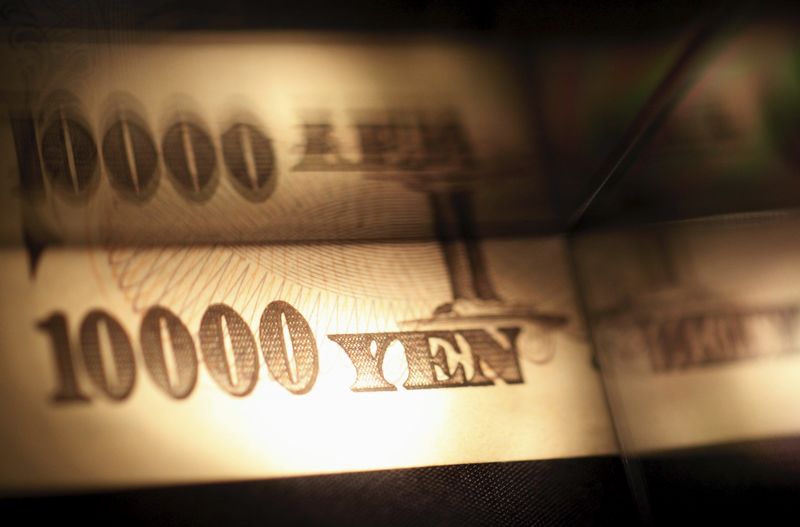By Patrick Graham
LONDON (Reuters) - The yen surged almost 3 percent against the euro and dollar on Thursday after the Bank of Japan opted out of any further moves to ease policy, in stark contrast to a handful of media reports which had driven the yen lower in the past week.
It was the yen’s biggest daily gain in almost a year against the dollar <JPY=> and its largest in 5 years against the euro (EURJPY=) after Bank of Japan Governor Haruhiko Kuroda said he was not thinking about applying negative rates to lending to financial institutions.
Adding to the mix was the lack of a strong sign from the U.S. Federal Reserve on the chances of another rise in its rates in June, weakening the dollar 0.7 percent against a basket of currencies and 0.3 percent against the euro. <EUR=>
"With today’s policy announcement, the Bank of Japan has essentially excited to disappoint and as a result we’ve seen the yen moving dramatically stronger in immediate reaction," said Nick Gartside, Chief Investment Officer for Fixed Income at JP Morgan Asset Management.
By 0715 GMT, the dollar had fallen 2.9 percent to 108.17 yen and the euro 2.7 percent to 122.90 yen.
The BOJ held off from expanding monetary stimulus even as global headwinds, a strong yen and soft consumption threatened to derail Japan's fragile economic recovery.
Officials have used language in recent weeks that in the past has prefaced intervention to weaken the yen but most major banks have come to the conclusion that Tokyo will not do so until the currency gets closer to 100 per dollar.
Japanese analysts are not convinced the currency can continue to gain.
"It was inevitable that the yen regained all the losses made on easing expectations. Sure, the market was disappointed, but that does not mean the yen will keep gaining," said Koji Fukaya, president of FPG Securities in Tokyo.
After a two-day policy meeting that ended Wednesday, the Fed said global economic headwinds - widely seen as the main reason it has not pushed rates higher - remained on its radar while stopping short of mentioning the risks these posed.
Analysts said it had offered little hope of a hike in rates in June.
"The FOMC statement did nothing to help the dollar at all," said Societe Generale (PA:SOGN) strategist Kit Juckes. "(There is) no reason to look for more than one more rate hike this year."
New Zealand's central bank also skipped a chance to cut its interest rates on Thursday, triggering a short squeeze that saw the kiwi dollar gain a full U.S. cent.

The kiwi soared 2.3 percent to $0.6974 <NZD=D4>, from around $0.6850, after the RBNZ kept the cash rate steady at 2.25 percent.